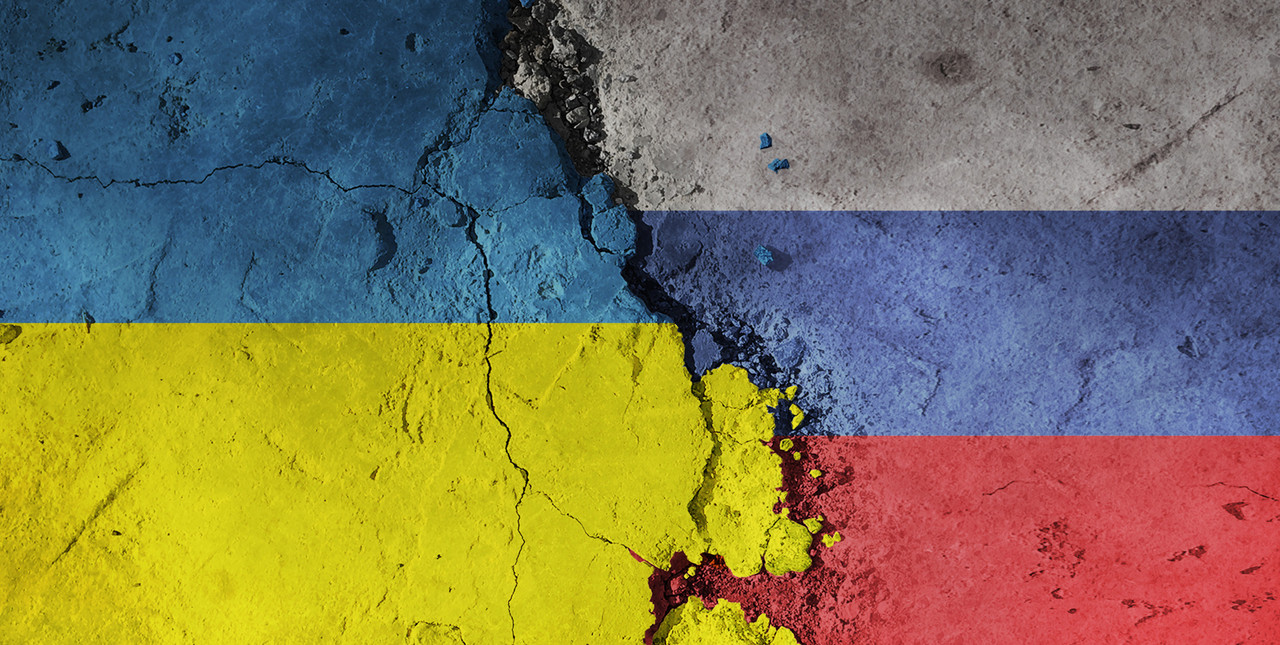Some Russian expats in Luxembourg have taken to social media to voice their shock and anger. Pavel Kostyuchenko, , posted that he is, as many Russians, categorically against the war, and urges many to speak out against it, before it is too late.
”Russia is not Kremlin, Russia is us”
Maria Basevich, originally a psychologist from Moscow, has been in Luxembourg for three years. She relocated here with her husband and two children. When she heard about the news, Basevich says she “cried the whole morning.” Meeting up with a Russian friend who also lives in Luxembourg, she said they “couldn’t believe it really happened.” She adds that “we knew he was talking about it, but we never thought it would be for real.” The situation is “surreal,” she says.
“On the political level, I don’t see any logic anymore,” Basevich told Delano. “Before, I didn’t support it but at least I could explain.” For her, Putin doesn’t represent the Russian people, and “this is worse because he does it in our name and we don’t want him to do that. Russia is not Kremlin, Russia is us. Russia is people, we have really good people, people don’t want war. We don’t want the whole world to think that we want this, because it’s not true.”
Though Basevich says national Russian media have always reported more on issues in Ukraine rather than internal affairs, she reports that many have protested in Russian cities--a claim supported by Reuters, and by Jeremy B., a student who studies Russian in Moscow and talked to Delano. Although, it’s “not enough in my opinion.” For Basevich, the issue might also lie with how politicians communicate: “The discussions [between world leaders] were really in the European style, which doesn’t always work for Russia and its mentality.” She adds: “Maybe they should work on that and adapt. Even here in Luxembourg I see there are misunderstandings between people from different countries because of differences in mentality and traditions.”
While she waits for developments in the situation, Basevich is doing what she can: “We will try to raise money for the people in Ukraine who need help.” With other Russian expats, she will also attend the march to denounce the war.
Read also
An obligation for leaders to find an agreement
Vsevolod Iampolski, who arrived in Luxembourg in 1994 and has since acquired Luxembourg nationality, has experienced war first-hand. Originally from Transnistria, he says: “We know what war means. I lost many close relatives in the second world war. I have also lost friends during the civil conflict in Transnistria, a part of Moldova.” According to Iampolski, many still understood Putin’s actions until news of the widespread attacks broke. Yesterday, though, he was “in shock. Nobody expected that,” he tells Delano, adding: “I don’t know anyone who can say that what Putin is doing now is right,” he explains.
Citing the differences in opinions on the evolution of the Minsk agreement, Iampolski says leaders need to meet. “I’m quite sure that even now, the war can be stopped in 5 seconds. Biden and Putin should sit together and find an agreement. It’s their obligation.” The current sanctions, he says, aren’t the priority for the population. “We must do something to stop the war, that is the most important priority.” The relationships between world leaders might change--the damage is done--but “how they speak to each other in the future is not important right now,” says Iampolski. “It’s nothing compared to the lives of people.”
Iampolski, who presides over the Russian Club of Luxembourg, which organises the Russian Charity Ball confirmed that the gala event, which should have taken place on 5 March, has been cancelled after an internal unanimous decision. It had already been cancelled in 2021, and then again postponed from January to March this year.
It remains uncertain whether the current sanctions imposed will have an impact on Putin’s decisions. Communication and new agreements seem to be the only way out of this, according to those who are familiar with Putin’s politics.
